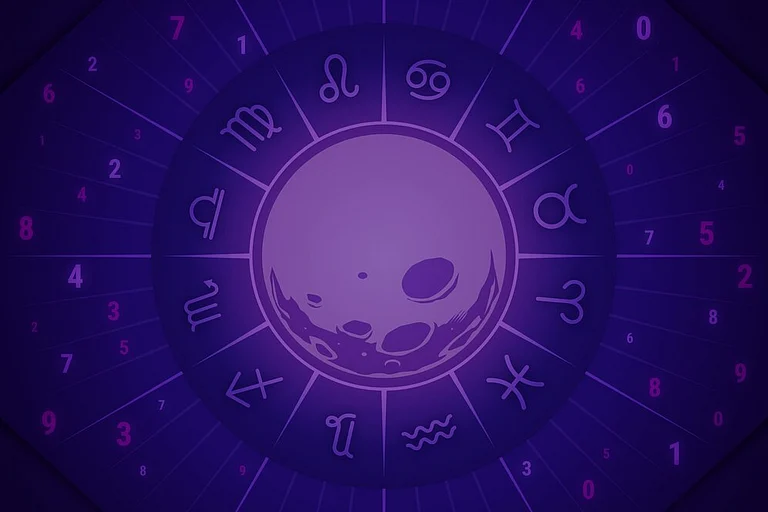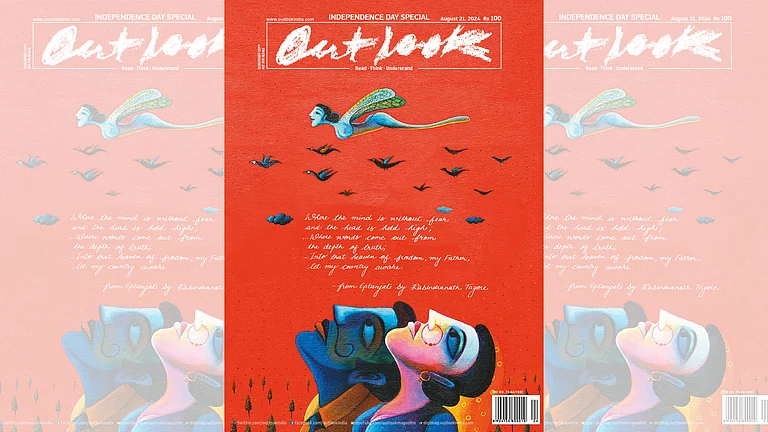LET'S shed a small tear over Asian Paints, a truly great Indian company. The only one in fact which is perceived to be equal to Hindustan Lever in marketing acumen, with ITC in distribution prowess, with Citibank in management information systems. One of only two Indian companies (the other is ICICI), which, six years after India began opening up to the world, still generates enough MBA enthusiasm to come for campus interviews on the very first day of recruitment season in the IIMs.
Let's shed a small tear because in the grand Indian sociological tradition, the families of the promoters of Asian Paints fought among themselves, and the one family—the Chokseys—which had had management control of the company, and so can surely be credited with Asian Paints' success more than the others, found themselves alone against the other three. So they sold off their stake and walked out. FU Charlie.
And they sold it—9.1 per cent of the company—to ICI, the British transnational which Asian Paints has been whipping roundly in the market for decades now, because the Indian company has better people, better brains and better business skills. An indication of ICI's abilities: till the late '60s, ICI was the largest transnational in India. Today, it's one-tenth the size of ITC or Hindustan Lever. But a pound is 56 rupees, and the Rs 127 crore that ICI is paying for the shares translates to around 22.5 million pounds; that's a meagre 0.23 per cent of ICI Plc's annual turnover.
Shed it, but the tear should be a small one. The coming weeks will see much raving and ranting on the swadeshi-videshi issue—Indian companies being sold off to sinister foreigners—and emotions will definitely cloud logic. The Government will be vilified, the reforms process will be condemned, ICI will be seen as the new East India Company. All of which will be a bad thing.
What has actually happened? The Chokseys had a 9.5 per cent stake. They have decided to sell 9.1 per cent to ICI. They are fully within their rights to do so. No law has been broken. With this stake, ICI is not even entitled to a place on the Asian Paints board; to get any form of management control, it needs at least 24 per cent. Where will that extra 15 per cent come from? Foreign institutional investors (FIIs) hold 6.3 per cent. Assume ICI can buy these shares, that takes its stake up to 15.4 per cent. Indian financial institutions hold 11.5 per cent, which, given the possible political angles, they will not sell to ICI. Public holding in the company is around 29 per cent. ICI can make an open offer and try to pick up the 9 per cent it needs. But its best bet would surely be to convince one of the promoter families to sell ICI their stake (each of the families—the Danis, Vakils and Choksis—hold about 13.5 per cent), a neat one-off deal. ICI's stake then goes up to 29 per cent, which will give it true management control since its stake will now be bigger than what the other two families—which, let us assume, will remain hostile to the British company—hold totally: around 27 per cent.
And there will be a tremendous outcry with MPs rushing to the well in Parliament and all that. Which will be totally wrong because the promoter family which would have sold its stake to ICI would have again been perfectly within its rights to do so, they would have done it of their free will, and cannot be condemned. Suppose all the three promoter families held firm and ICI made an open offer to the public. Suppose average Indians who hold Asian Paints shares responded to this and sold a 20 per cent stake in the company to ICI. Would our politicians condemn all those people too? This swadeshi craw-thumping is stupid and useless, and avoids the basic issue. Which, if not resolved, will lead to hundreds of good Indian companies being sold off—and cheaply—to foreign transnationals over the next decade.
Why could ICI manage to get a foot in the Asian Paints' door? In every paint segment in India, Asian Paints, a far younger company than ICI, has outperformed the transnational. As a result, it became one of the few Indian family-run outfits which gained the reputation of being a "professionally managed company". Which cliched term, to me, implies a company that takes rational business decisions, that recognises and rewards talent, unburdened by prejudices of class, caste, creed or gender, and which is focused single mindedly on creating shareholder value, legally. Someone once defined the ideal professional manager as a cross between a monk and a mercenary. In the Asian Paints story, all the promoters appear to have shown their true colours, which are a different hue from those that adorn ascetic hired guns.
Could not the promoters have worked out their problems between themselves? If there were irreconciliable differences, could not the Chokseys have given the other promoters the first choice to buy their stake, instead of selling it to a rival? The move to sell to ICI surely suggests that more than exiting a company which they were not being allowed to run the way they wanted (which is an honourable thing to do), the Chokseys wanted to hurt their erstwhile partners (which reminds me of a canine in a manger)? Why do so many Indian business families go through such bitter fallouts—father against son, brother against brother, friend against friend—with each side more hell-bent on destroying the other than on keeping the business healthy? Is it something wrong with the Indian psyche, that old Prithviraj Chauhan-Jaichand syndrome, or is it that Indian business is still too young to have internalised the concepts of the public limited corporation? Whatever the answer, perhaps this is the problem people should shed a big tear for.
And please don't blame ICI. For once the company was smarter than the men who run Asian Paints.























